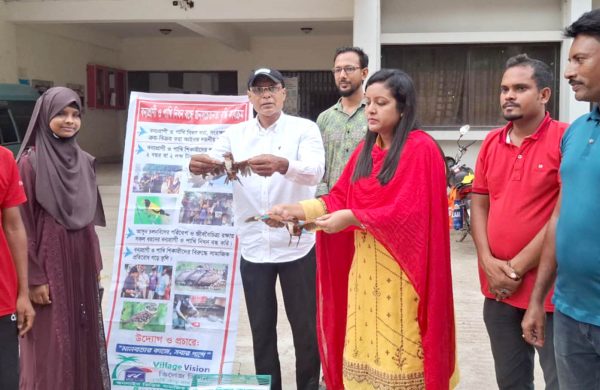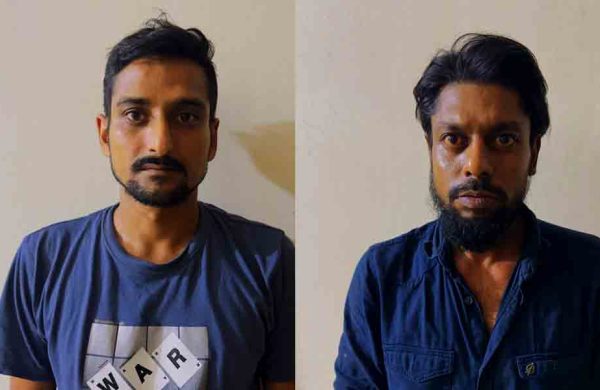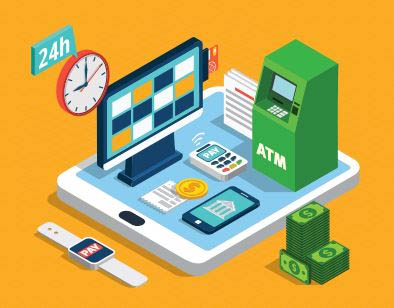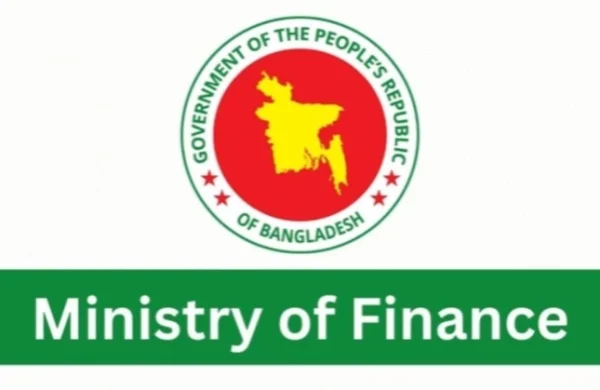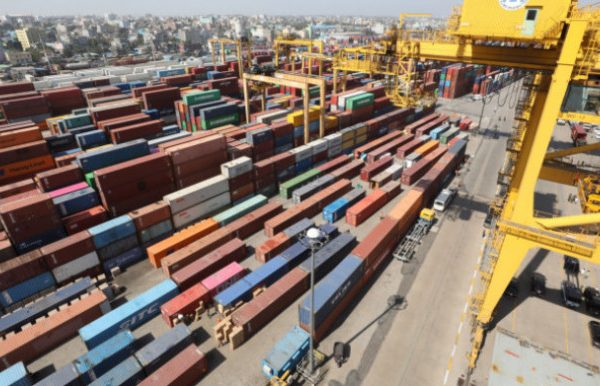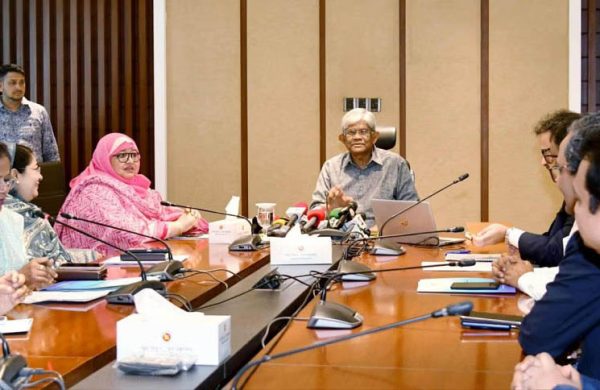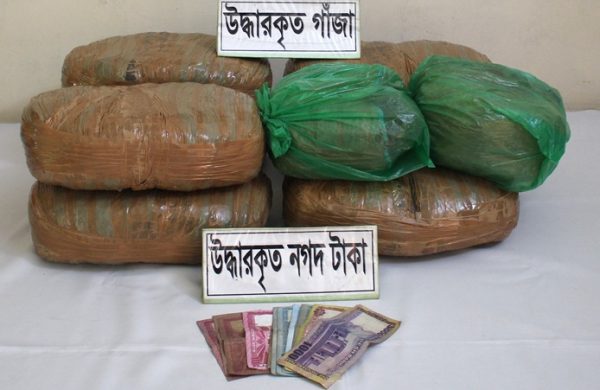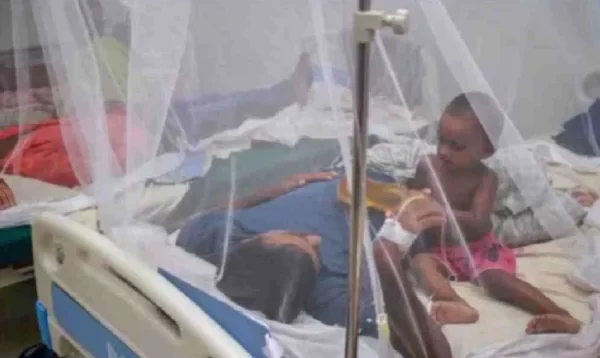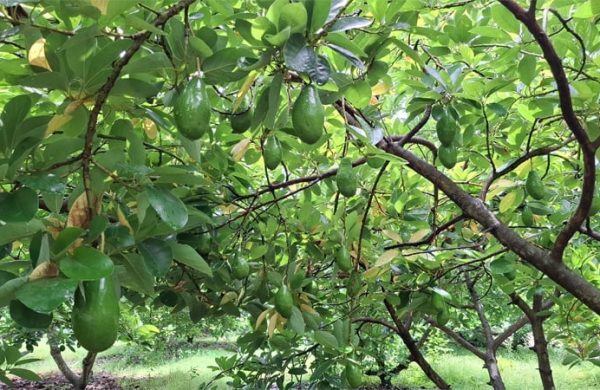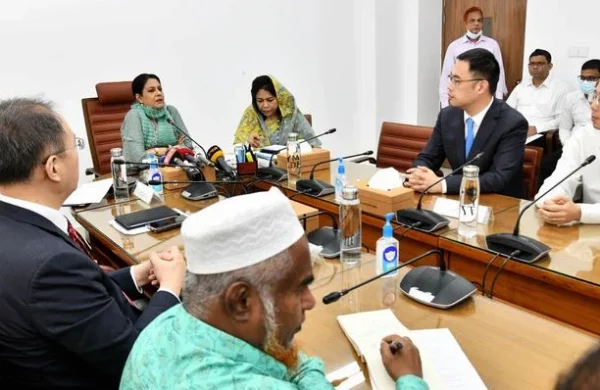Poverty climbs to 20.5pc in last 2 years of AL regime
- Update Time : Sunday, September 22, 2024
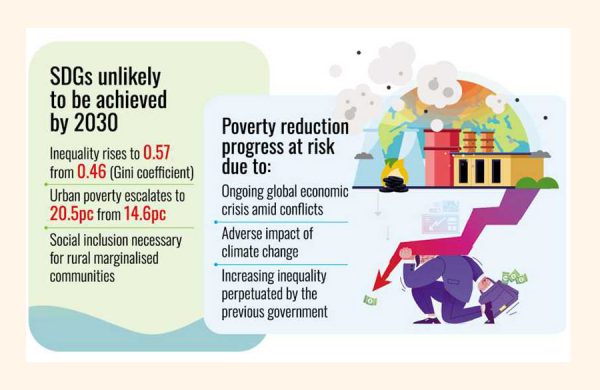
TDS Desk:
The poverty rate in Bangladesh has risen to 20.5 per cent from 18.7 per cent in the last two years of the Awami League regime.
This escalation has been driven by widening economic inequality, leaving marginalised groups struggling for access to resources and opportunities, while their livelihoods face growing threats.
These concerns were emerged at the national public meeting titled “Eliminating Poverty and Inequality and Strengthening Universal Social Security”.
The SDG Action Alliance and the Noakhali Rural Development Society (NRDS) organised the programme at the National Press Club on Saturday with support from the Global Call to Action Against Poverty (GCAP).
Speakers at the event observed that progress in reducing poverty is now at risk due to the ongoing global economic crisis, conflicts, climate change and the increasing inequality perpetuated by the previous government.
These challenges have hit both rural and urban areas hard.
Asma Akhter Mukta, executive director of the RASIN, presided over the meeting while Abdul Awal, executive director of the NRDS, coordinated the event.
The keynote presentation was delivered by Abdul Mannan Akond. The keynote reads that urban poverty, in particular, has increased from 14.7 per cent to 20.5 per cent, exacerbating the overall poverty rate.
This rise poses a serious challenge to Bangladesh’s goal of eradicating poverty by 2030.
Factors such as job losses, environmental pressures, shrinking freedoms of expression and the press, and significant gaps in healthcare and social protection are pushing more people into hardship, undermining efforts to meet the Sustainable Development Goals (SDGs).
In addition to the poverty rise, Bangladesh now leads the world in the growth rate of super-rich individuals and ranks third in the growth of wealthy populations.
The Global Inequality Report from the Paris School of Economics shows that the top 1.0 per cent of the population controls 6.2 per cent of the national income, while the bottom 50 per cent holds only 4.8 per cent.
The Gini coefficient, a key measure of income inequality, increased from 0.46 in 2010 to 0.57 in 2022, further complicating the path toward achieving SDG targets aimed at reducing inequality.
Other speakers included Mohsin Ali, executive director of the Wave Foundation; Samia Ahmed, advocacy manager at Save the Children; Madhav Chandra Dutta, executive director of Swadesh; Badrul Alam, president of the Bangladesh Farmers Federation; AKM Jaseem Uddin, director of the EDAB; Sumaiya Islam, director of the BNKS; Munir Hossain, president of the Krishak Maitri; and Zayed Iqbal Khan, president of the Bangladesh Landless Association.
NRDS Executive Director Abdul Awal expressed disappointment over the slow pace of SDG implementation, which has been particularly detrimental to marginalised communities.
While global crises like the COVID-19 pandemic, the war in Ukraine and aggression in Palestine by Israel have disrupted SDG progress, the lack of decisive government action has worsened the situation.
Awal called for new strategies and coordinated efforts to overcome these challenges.
As inequality, poverty and vulnerability grow – especially for displaced environmental refugees – the need for a universal social protection system is more urgent than ever.
Without such a system, vulnerable populations will struggle to recover and move forward, he warned.


